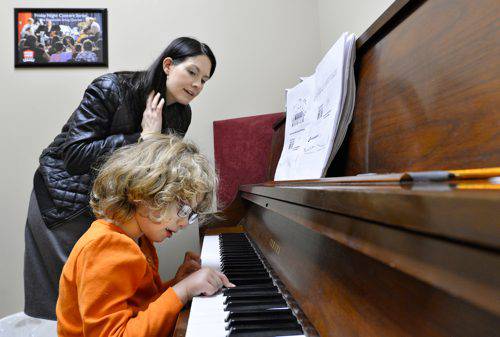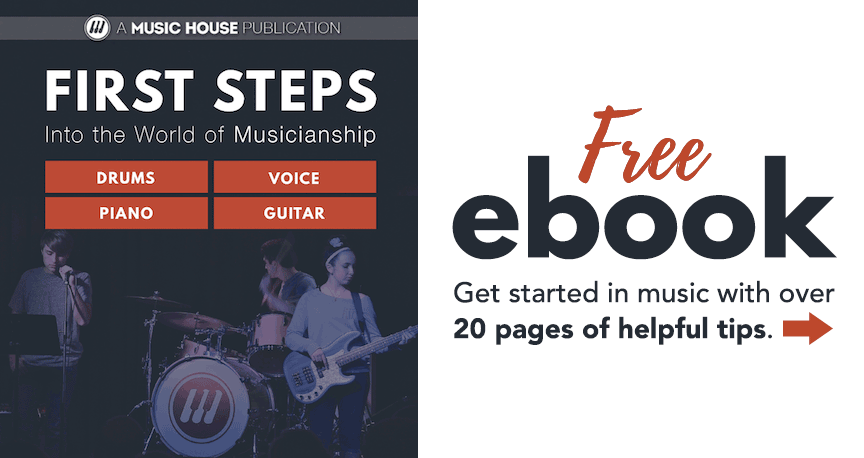Six Reasons That You Should Start Your Child On Piano
While there are actually far more than six good reasons to start your child on piano, we thought we'd boil it all down for you to some of the most important ones.

1. It's the Easiest Instrument to Play
There is no initial physical barrier to producing sound.
Do you know what happens when a child tries to make sound on a trumpet, clarinet, saxophone or violin for the first time? Nothing — almost without exception. All you’ll hear is the anticlimactic sound of expelled air or the dull thud of a muted string. Not so with the piano. You simply press a key and it make a sound. Instant gratification. It doesn’t get much simpler than that.
2. It Quickly Teaches Students to Identify Pitch
Unlike other instruments, playing out of tune is not an option.
A well-tuned piano always makes the right note when you press the key. This develops a keen sense of pitch in the young piano student. Other instruments require good breath control or exact finger placement to make the right note, which can be very challenging for a beginner who might not even have a good sense of pitch yet!
3. It Facilitates Learning to Read Music
What you see on a keyboard mirrors what you see on the page.
The piano is a great instrument to help students learn to read music. Because of the way a keyboard is laid out, it is easier to see the relationships between pitches in both melodies and chords and the way they look written out on the staff. Also, because the piano is so simple to play, a student can focus on learning to read music rather than struggling with difficult technique.
4. It Teaches Melody and Harmony
A piano student can literally accompany him or herself.
The piano is one of the few instruments that allows you to play both melody and accompaniment. Early beginners can start out playing simple melodies, but soon they learn to add chords and other accompaniment patterns. This helps develop a better sense of music theory than is possible with instruments that can only play one note at a time.
5. It's Great for Learning Music Theory
The rules and theories of music grew out of the physical layout of the keyboard.
Keyboard layout is very straightforward. Low notes are to the left, higher notes to the right. There are white keys and black keys that make it easy to learn about sharps, flats, and key signatures. Understanding how chords are built is easy when the spacing between notes on the keyboard so directly correlates to the spacing between notes on the written staff.
6. It Lays a Great Foundation For the Study of All Other Instruments
Almost everything a piano student learns will make learning another instrument easier.
The piano is a great place to start, whether a music student chooses to study other instruments or stay with the piano. Because the piano is so versatile, students can spend many rewarding years studying it and continue to grow in their ability to play more complex pieces with beauty and skill. They can also bring their sense of pitch, their understanding of music theory, and all the other musical abilities they’ve developed with the piano to their study of a new instrument.
Interested in learning more about getting started on piano (or guitar, voice or drums)?
We've created an ebook with over 20 pages of expert advice about what to do and think about BEFORE starting. Download and enjoy!

